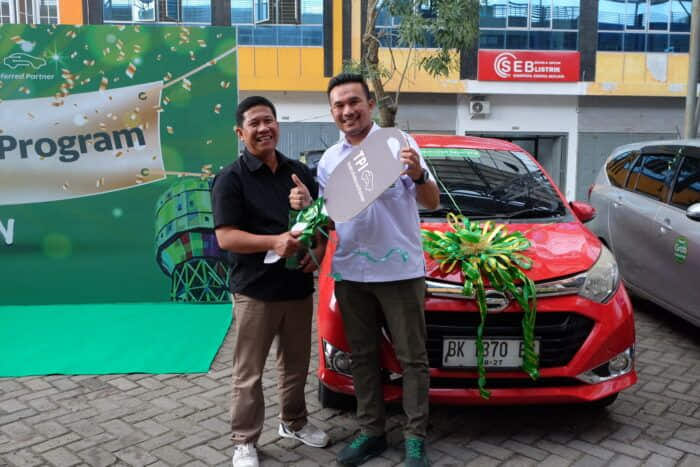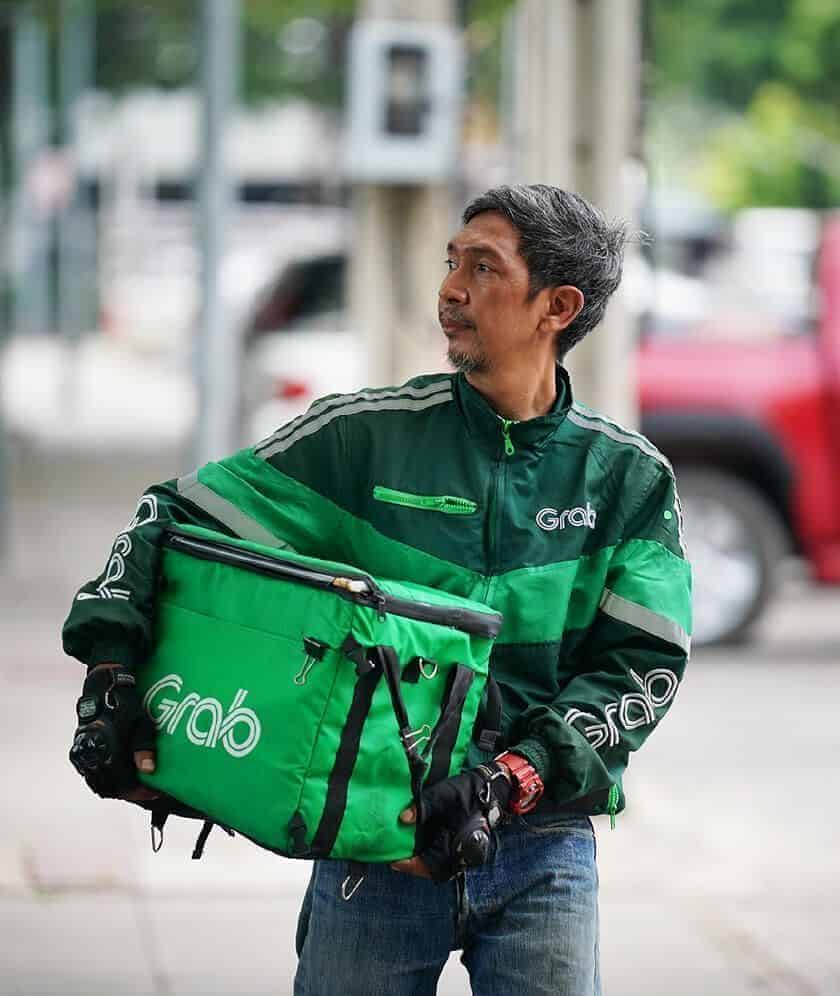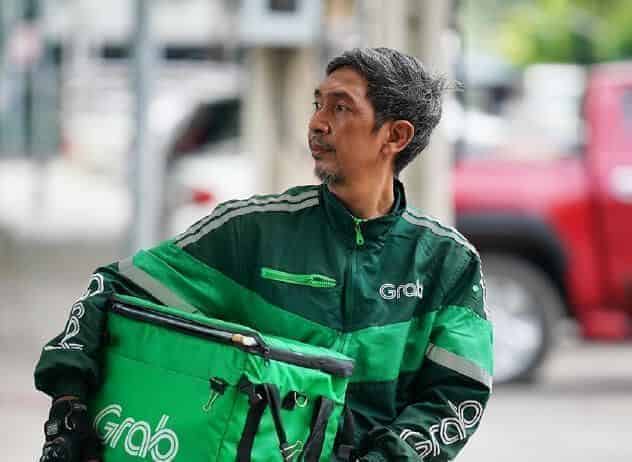Despite a growing GDP per capita in Indonesia, buying a car is still out of reach for many. Getting approved for a loan is difficult for those who rely on informal work to make an income. That’s why Grab has offered a tailor-made car rental programme in the country since 2016—the early days of Grab’s ride-hailing operations.
The car rental scheme evolved over time to meet the needs of drivers who don’t own their own vehicle but want to start making an income through Grab. The advantage for Grab is that it boosts the number of high-quality vehicles and drivers in the ride-hailing network, which is especially impactful in areas with low car ownership.
The latest iteration of the car rental programme, Sahabat Sejati, launched last year.
Like with previous plans, interested drivers can sign up, rent a vehicle and start offering rides right away. They pay a rental fee to Grab’s local partner, TPI Rentals. Drivers who pay rent consistently for five years gain ownership of the vehicle. This is similar to rent-to-own leasing schemes in other parts of the world.
As of last year, 456 cars have officially been handed over to Grab drivers who participated in Grab’s previous rental programme.

The new Sahabat Sejati’s key difference is that it’s more flexible. If a driver prefers, they can redeem a substantial loyalty cash reward at the end of the five year plan, instead of taking over the car. They can also opt out of the plan early, and still receive a loyalty cash reward, depending on how long they stayed. For example, if a driver decides to leave Sahabat Sejati after 6 months (180 days) of renting a car, they get back IDR 5,000,000 (US$320) in cash.
Sahabat Sejati is designed to give drivers options, and still reward those who stay on for a significant period—even if they don’t complete the full five years.
Why renting a car through GrabRental makes sense
Prior to the existence of Grab’s car rental programme, drivers usually rented their vehicles from conventional leasing companies. They would have to put down a significant down payment towards the rental. Grab’s rental scheme through its partner TPI was developed to be more attractive and suitable for the Grab driver use case, compared to conventional leasing alternatives.
For instance, drivers who take out a car through Grab’s car rental receive training from Grab, and get car maintenance as well as health insurance cover as part of their package.
Grab also allows flexibility for drivers in cases of emergency such as due to illness.
Grab’s car rental programme offers drivers a flexible path to car ownership. Indonesia’s car ownership ratio is among the lowest in Southeast Asia. Only 90 per 1,000 Indonesians have one. Compare that to 500 per 1,000 in Malaysia; 210 per 1,000 in Singapore; and 800 per 1,000 in Brunei.
3 Media Close,
Singapore 138498
Komsan Chiyadis
GrabFood delivery-partner, Thailand
COVID-19 has dealt an unprecedented blow to the tourism industry, affecting the livelihoods of millions of workers. One of them was Komsan, an assistant chef in a luxury hotel based in the Srinakarin area.
As the number of tourists at the hotel plunged, he decided to sign up as a GrabFood delivery-partner to earn an alternative income. Soon after, the hotel ceased operations.
Komsan has viewed this change through an optimistic lens, calling it the perfect opportunity for him to embark on a fresh journey after his previous job. Aside from GrabFood deliveries, he now also picks up GrabExpress jobs. It can get tiring, having to shuttle between different locations, but Komsan finds it exciting. And mostly, he’s glad to get his income back on track.

